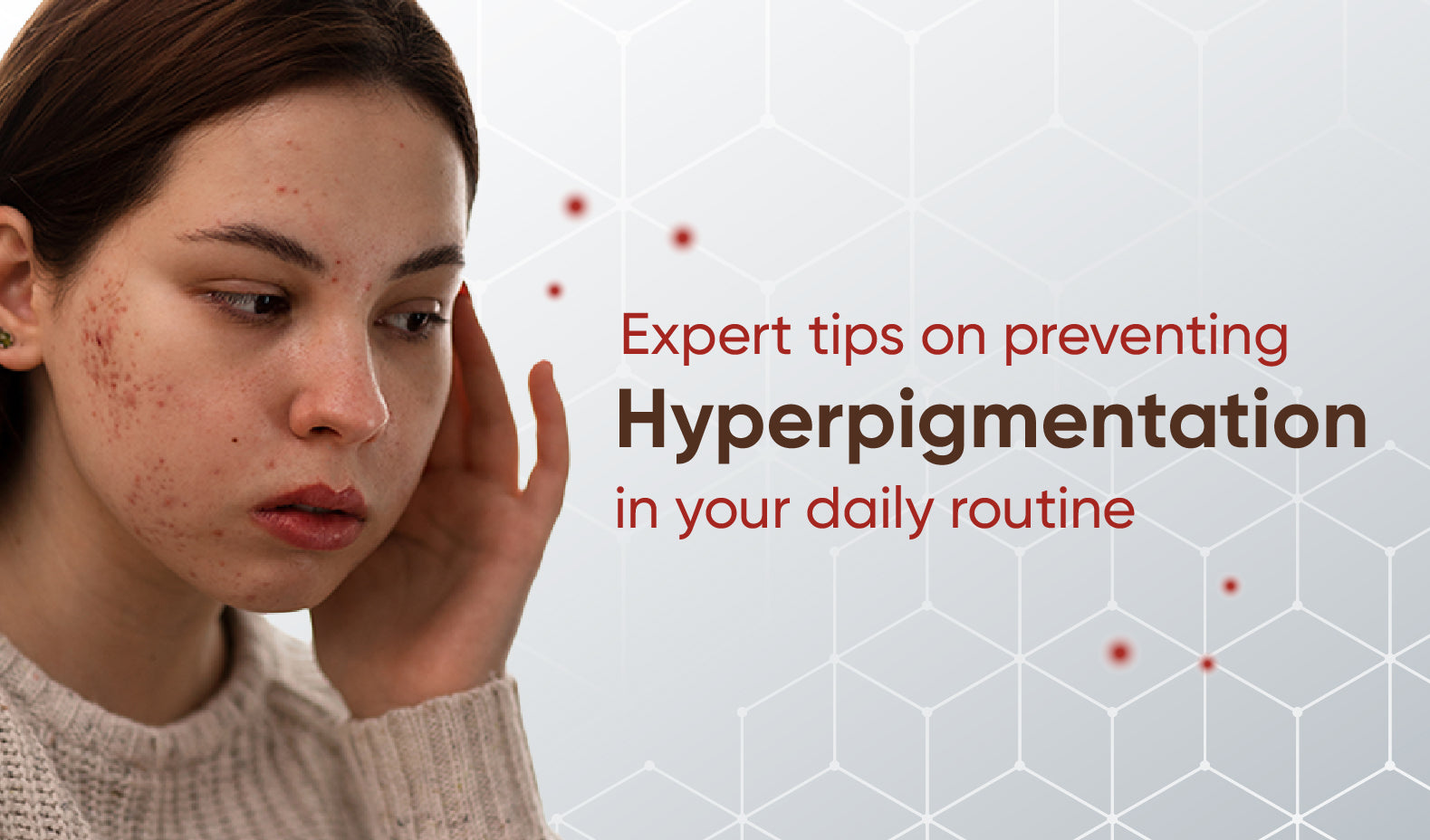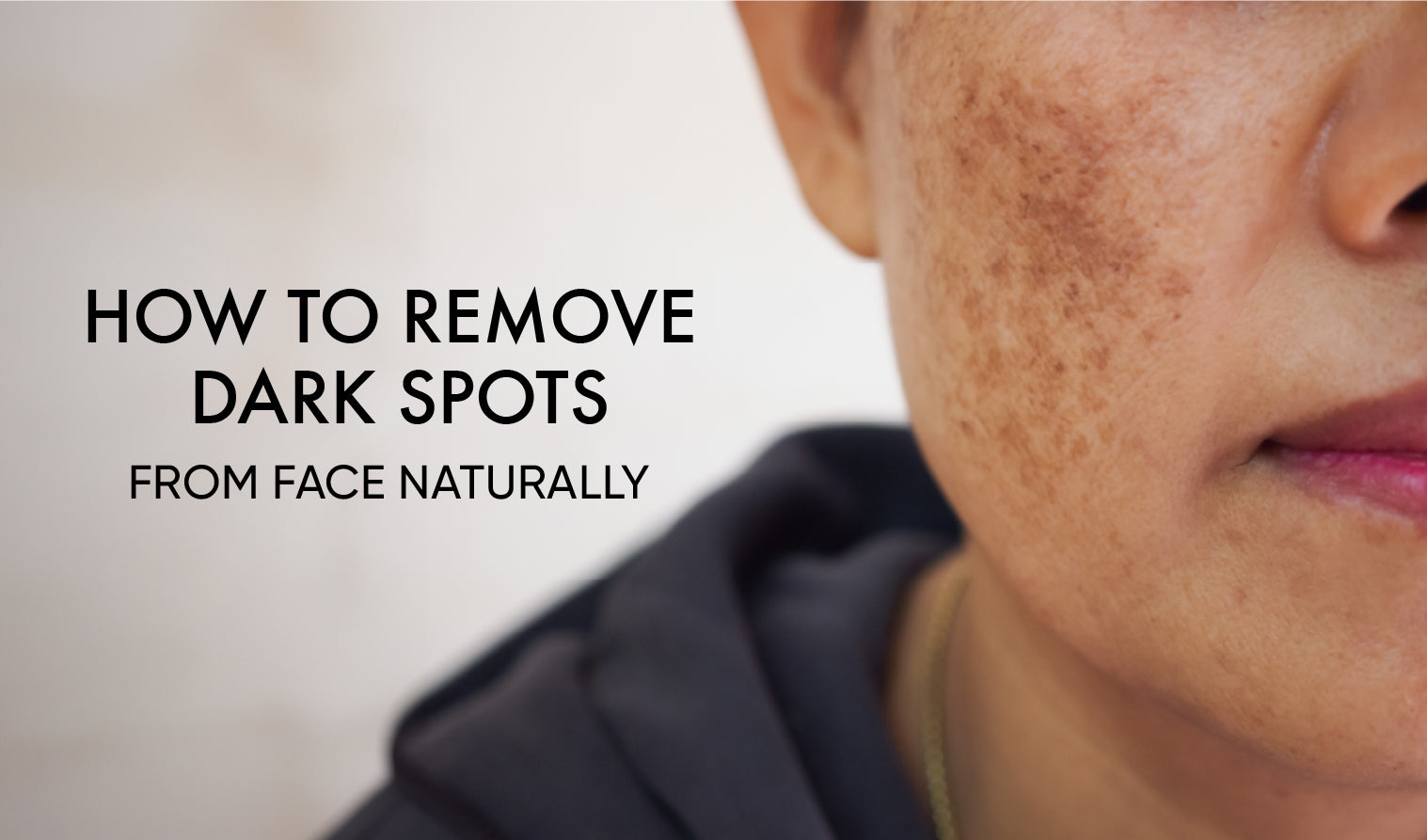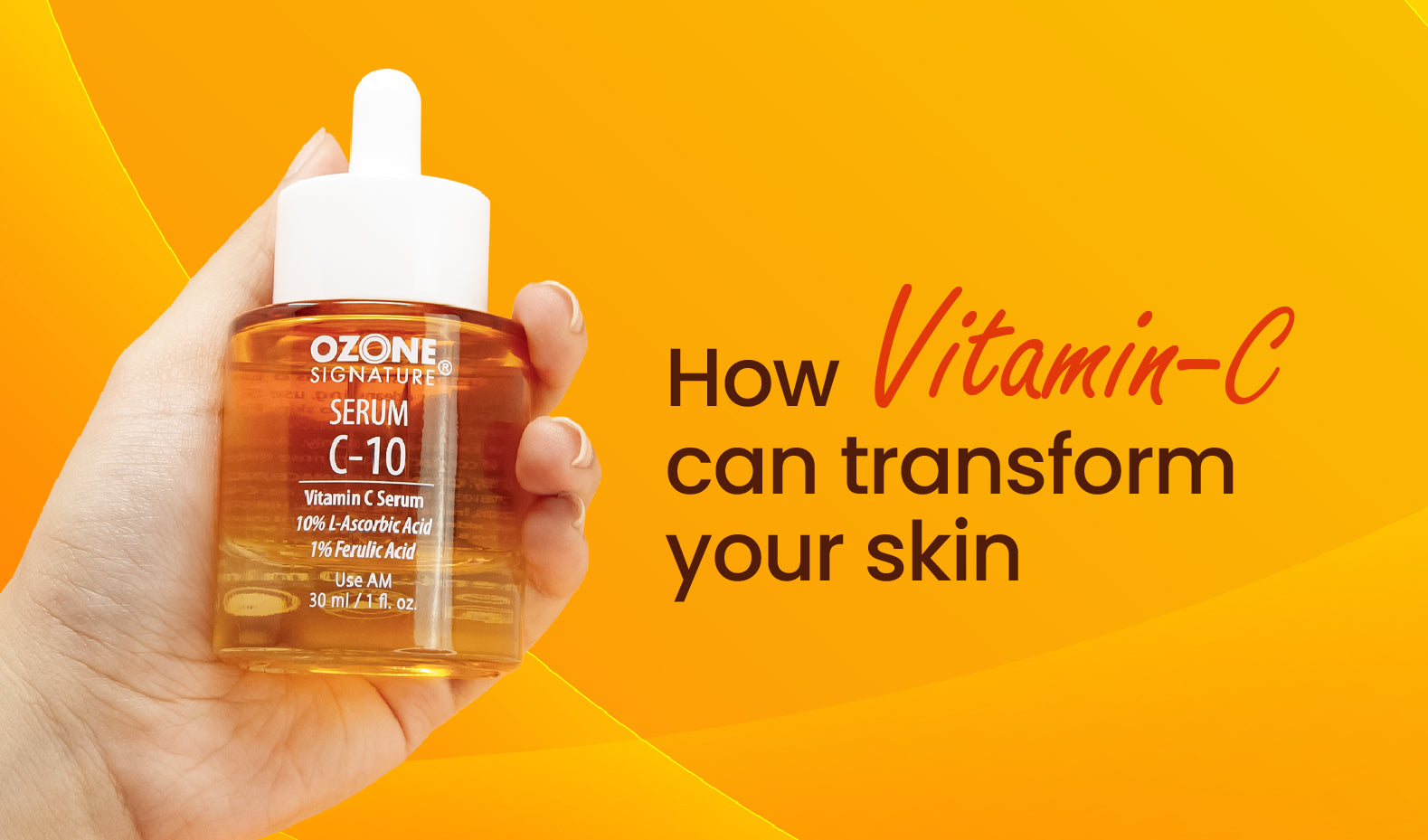Expert Tips on Preventing Hyperpigmentation in Your Daily Routine
Introduction
Hyperpigmentation, characterized by darkened patches of skin, can be a persistent and frustrating issue for many people. It is often caused by an excess production of melanin, the pigment responsible for the color of our skin. Factors such as sun exposure, inflammation, hormonal changes, and certain medications can contribute to this condition. Thankfully, with a proactive approach and the right skincare routine, you can significantly reduce the risk of developing hyperpigmentation. Here are expert tips to help you prevent hyperpigmentation in your daily routine.
Tips on Preventing Hyperpigmentation
- Prioritize Sun Protection
Sun exposure is the leading cause of hyperpigmentation. Ultraviolet (UV) rays trigger melanocytes, the cells that produce melanin, leading to dark spots and uneven skin tone. Therefore, sun protection should be a cornerstone of your skincare regimen.
Use Sunscreen Daily: Opt for a broad-spectrum sunscreen with an SPF of at least 30. Apply it generously to all exposed skin, even on cloudy days, as UV rays can penetrate through clouds.
Reapply Regularly: Reapply sunscreen every two hours, especially if you're outdoors, swimming, or sweating.
Wear Protective Clothing: Long sleeves, wide-brimmed hats, and sunglasses can provide an additional barrier against harmful UV rays.
Seek Shade: Whenever possible, stay in the shade between 10 a.m. and 4 p.m., when the sun's rays are strongest.
- Incorporate Antioxidants into Your Skincare
Antioxidants play a vital role in protecting the skin from damage caused by free radicals, which can exacerbate hyperpigmentation. They help neutralize these harmful molecules, thereby preventing further skin damage and discoloration.
Vitamin C: This potent antioxidant not only brightens the skin but also inhibits melanin production. Incorporate a Vitamin C serum into your morning routine.
Vitamin E: Known for its healing properties, Vitamin E can help repair skin and reduce the appearance of dark spots. It works well in conjunction with Vitamin C.
Niacinamide: Also known as Vitamin B3, niacinamide can reduce the appearance of dark spots and improve skin elasticity.
- Exfoliate Regularly but Gently
Exfoliation helps remove dead skin cells, promoting cell turnover and revealing fresher, more even-toned skin underneath. However, it's essential to exfoliate gently to avoid irritation, which can worsen hyperpigmentation.
Chemical Exfoliants: Products containing alpha hydroxy acids (AHAs) like glycolic acid or beta hydroxy acids (BHAs) like salicylic acid can effectively exfoliate without the need for physical scrubbing.
Enzyme Exfoliants: Enzyme-based exfoliants, derived from fruits like papaya and pineapple, are gentle yet effective alternatives for those with sensitive skin.
- Hydrate Your Skin
Proper hydration keeps your skin healthy and more resilient against damage. When your skin is well-hydrated, it can better protect itself from irritants and recover from damage.
Moisturize Regularly: Choose a moisturizer that suits your skin type and use it consistently. Look for ingredients like hyaluronic acid and glycerin, which attract and retain moisture.
Stay Hydrated: Drinking plenty of water throughout the day helps maintain your skin’s hydration from the inside out.
- Use Targeted Treatments for Hyperpigmentation
For those who already have dark spots or are prone to hyperpigmentation, incorporating targeted treatments can help fade existing discoloration and prevent new spots from forming.
Hydroquinone: This is a powerful skin-lightening agent that can reduce the appearance of hyperpigmentation. However, it should be used under the guidance of a dermatologist due to potential side effects.
Retinoids: Retinoids promote cell turnover and can fade dark spots over time. Start with a lower concentration to minimize irritation.
Azelaic Acid: This is a milder alternative that can reduce dark spots and improve overall skin tone.
- Avoid Picking at Your Skin
Picking at blemishes or scabs can lead to post-inflammatory hyperpigmentation (PIH), where the skin darkens after an injury or inflammation. It’s crucial to resist the urge to pick or squeeze pimples and to let your skin heal naturally.
Spot Treatments: Use acne spot treatments to reduce inflammation and speed up the healing process.
Cover with Bandages: For those who find it hard not to pick, covering blemishes with small bandages can serve as a reminder to leave them alone.
- Watch Your Diet
A balanced diet rich in vitamins and minerals can significantly impact your skin’s health. Certain foods can help prevent and reduce hyperpigmentation.
Antioxidant-Rich Foods: Incorporate foods high in antioxidants, such as berries, nuts, and leafy greens, to fight oxidative stress.
Omega-3 Fatty Acids: Found in fish, flaxseeds, and walnuts, these can help reduce inflammation and promote healthy skin.
Vitamin C: Citrus fruits, bell peppers, and broccoli are excellent sources that can boost your skin’s defense against UV damage.
Conclusion
In conclusion, preventing hyperpigmentation involves a comprehensive approach that includes sun protection, the use of antioxidants, gentle exfoliation, proper hydration, targeted treatments, and a healthy lifestyle. By incorporating these expert tips into your daily routine, you can achieve and maintain an even, radiant complexion. Remember, consistency is key, and protecting your skin today will pay off with healthier, more beautiful skin in the future.



